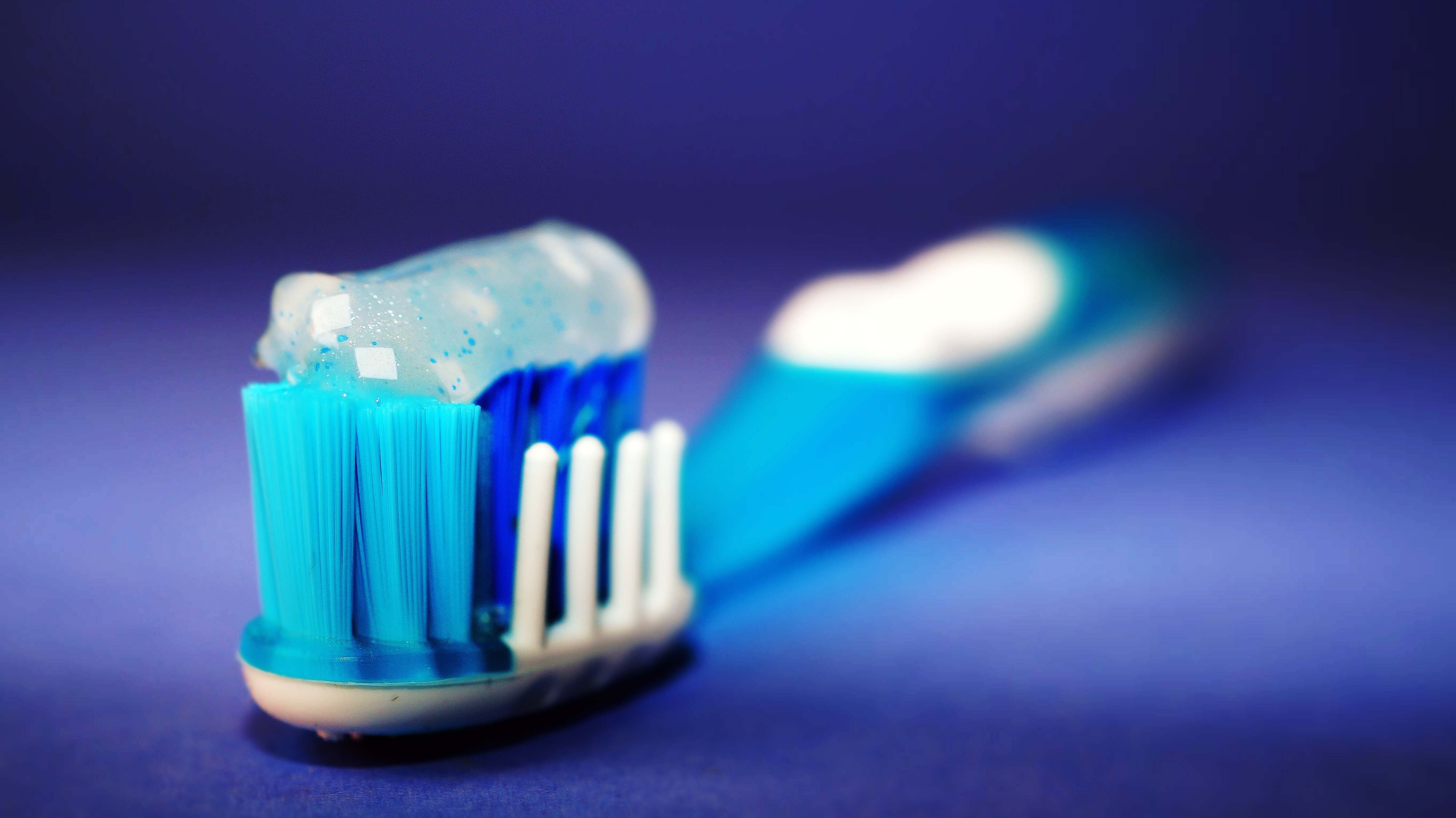
Conserve water
Seventy percent of Earth is covered in water, but only a surprising 1% is suitable for human consumption. Make the most of our limited water supply by turning off the water while you brush, and you might save up to 200 gallons per month! You can apply the same idea to other parts of your daily routine. Try shutting off the tap while scrubbing your hands, taking showers instead of baths and only running the dishwasher when it’s full.
Say no to microbeads
Some toothpaste
brands feature colorful microbeads, added to make the product sparkle. These small pieces of plastic can get stuck between your teeth and gums. What’s more, once they’re washed down the drain, they pile up in rivers and lakes. Mistaken for food by fish, microbeads can kill animals and cause serious ecological damage. When you’re shopping for toothpaste, avoid brands that include polyethylene. Microbeads are being phased out, but they may still be found on store shelves.
Choose eco-friendly toothbrushes
With a little bit of searching, you can find eco-friendly replacements for your current toothbrush. Try opting for toothbrushes made of recycled plastic. Some companies make traditional toothbrushes with replaceable heads to decrease plastic waste. If you use an electric toothbrush, replacement heads come standard, so you only have to throw away part of your toothbrush when you need a new one. Find ways to reuse old toothbrushes. The bristles are perfect for cleaning hard-to-reach places and for polishing jewelry. They also make great paintbrushes for craft projects.
Choose eco-friendly floss
When creating an eco-friendly oral health routine, floss is another element to consider. Most floss is made of nylon fibers that don’t biodegrade and are too small to be processed by normal recycling plants. Floss containers and floss picks are considered mixed materials that can’t be recycled. Despite the challenges, there are options for flossing with the environment in mind. Instead of nylon floss, choose floss made from silk. It’s biodegradable and can be composted naturally. You can purchase floss that comes in recyclable or reusable containers, too.
Recycle oral health products
Several organizations work with consumers and dentists’ offices to recycle old toothbrushes, electric toothbrush heads, floss picks and more. These materials can be repurposed into plastic lumber and other consumer products. Search online to get involved or call your dentist’s office to see if it participates in any recycling programs.
Keep up with all of Green Living’s content by visiting our website.
Tiffany Di Giacinto is the director of marketing and communications at Delta Dental of Arizona. She is conscientious about conserving the environment and always shuts off the tap when brushing her teeth. Her children have been taught to do the same.







Definately, these important points people should know that will definitely help us in conserving nature.
We totally agree, Utsav. So glad that you enjoyed this article!
Great article. Thanks to make aware people.